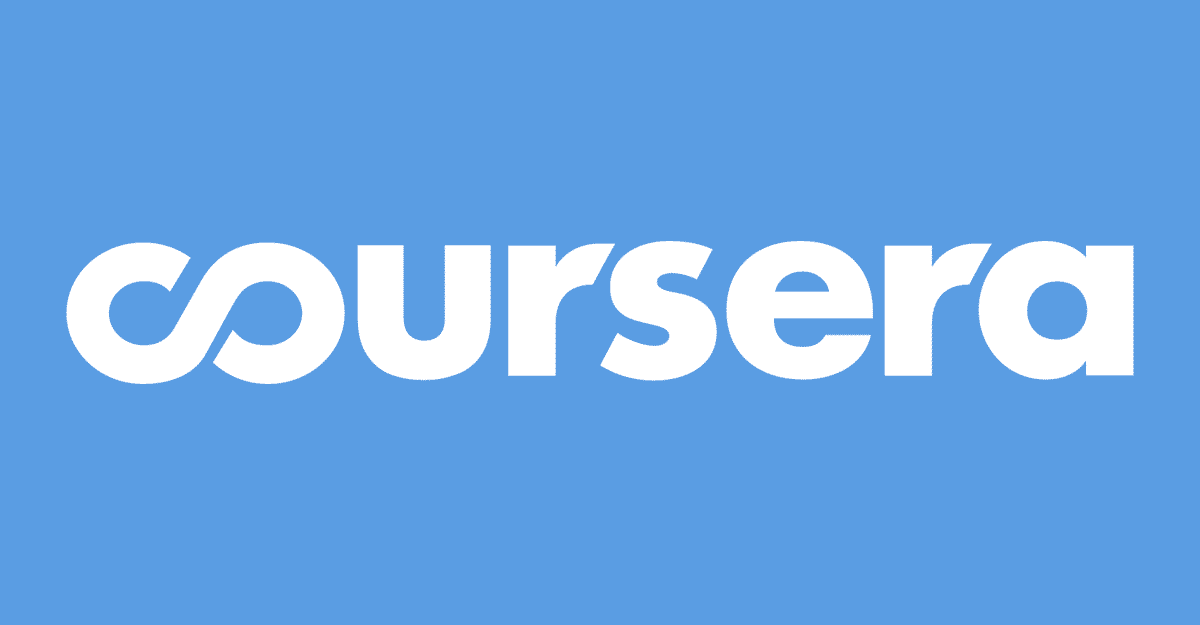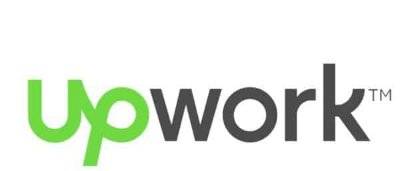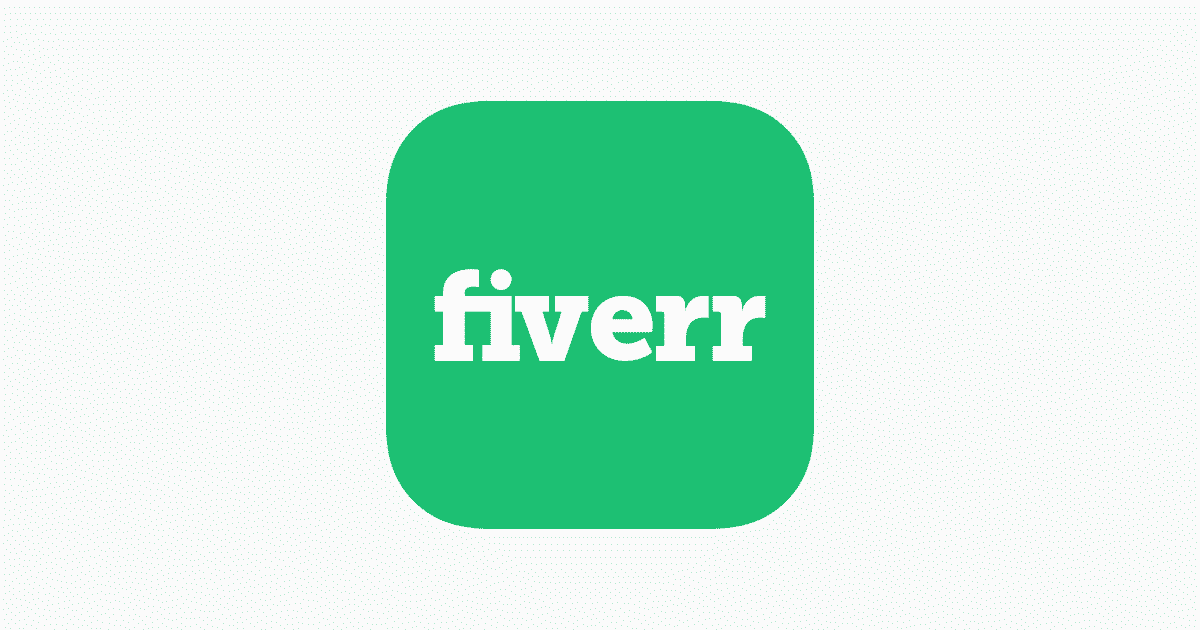Do you want to work from your couch and earn thousands of dollars? If yes, editing can be a profitable option. Learn how to become a freelance editor and get successful in the field.
Do grammatical errors and poorly-structured sentences irk you? If you’re notorious for picking out typos from your friends’ text messages and social media posts, there’s a livelihood for you in editing.

Imagine making a living off correcting writing mistakes while working from your living room or lawn. Along with putting food on the table without slaving on an office desk, you can satisfy your inner perfectionists.
But here’s the main question: how to be a freelance editor?
This article will discuss how to become an editor and make bank while working from home.
Before applying for any freelance editing jobs, you need to understand what freelance editing is. A freelance editor reads and corrects different forms of writing, from articles to books.
Since it’s a freelancing job, you’ll be working on contract or project-based tasks.
Editing is often combined with proofreading, which includes reading a text to give a review.
Overall, a freelance editor is expected to make a text error-free and comprehensive.
Your work as a freelance editor depends on the kind of editor you are. For instance, if you’re a developmental editor, your job entails reviewing content flow and structure.
A freelance copy editor fixes grammar mistakes and sentence structure. Copy editing involves reviewing the choice of words, expressions, and phrases.

Once mistakes have been corrected, a proofreader reads the final text and checks it for typos and related errors before publications.
The first step is to read the whole draft a few times. Following that, you have to fix spelling, grammar, and punctuation errors. If a project has style requirements such as APA or Harvard, you need to make sure that the content is in accordance with it.
After that, you have to give the writer feedback on their work and comment on the flow and structure.
Lastly, the editor has to adjust the content’s language to make it clear and comprehensive for the readers.
Freelance editing is a bit overwhelming at first, but once you get the hang of it, it’s pretty enjoyable and lucrative. Since there are no geographical restraints, you can work for a publishing house anywhere across the globe.
Along with giving you exposure, it also helps polish your resume for the future. With global clients on the CV, you can land better employers in the freelance marketplace.
If you’re interested in making a career in freelance editing, here are some steps to follow.
If you have a degree in English, you’re already at an advantage since you’ll be familiar with most aspects of editing. However, a degree is not a prerequisite for starting a freelance editing career.

Instead, you can take a course and learn the basics of editing. Udemy and Coursera have plenty of free editing courses that can help you get started.
Once you’ve landed a client and are making money, enroll in paid courses on Skillshare to polish your editing skills.
Alternatively, you can take a course at your local community college or pay for a writer’s workshop to learn the editing process.
You can’t learn to edit unless you’ve read a lot. Reading gives you a literary sense to spot errors at a glance.
Get a newspaper subscription and read the paper every single day. News reports and articles are heavily edited, making them a reliable practice text to read.
Reading books is one of the most valuable skills as a freelance editor. Books familiarize you with commonly used phrases and literary expressions.
Make sure you read all genres so that you can understand different styles of writing.
Working from home, while liberating, is quite tough. Although your friends might tell you that you’re lucky to not answer to a boss, you know that being your boss isn’t exactly a child’s play.

Being a freelancer means that you don’t have any strict working hours. However, this doesn’t mean there are no deadlines to be met.
Thus, it’s essential to have a working routine to get things done on time.
First and foremost, set up a home office. It doesn’t have a full room. Even a quiet corner in the living room can suffice.
Your work office should be off-bounds to other people in the house. Make sure you have a comfortable chair, as you’ll be sitting for many hours a day.
Moreover, your working spot should have a table to keep the computer. Most clients prefer online editing as it saves the cost of printing and is easier to manage.
Secondly, devise a work routine and condition yourself to follow it. No supervisor or task manager will stand over you, making sure you get the work done. You have to be everything from the manager to the accountant at the home office.
Find what works best for you and stick to it.
If you work best in the morning, wake up in the early hours to complete your tasks.
However, if you’re a parent and have to prepare your kids for school in the morning, work while they’re gone.
See Related: How to Register as a Freelancer
Since there’s no standard way to determine freelance editor salary, you can use a freelance rate calculator to get an estimate.
When fixing a rate, you can either charge per project or by the hour.
A common mistake made by most freelancers is not including additional costs in the final rate. When working as a freelance editor, you don’t only have to charge for your editing services.
Additionally, you have to charge for paid software, electricity, and business development.
In an office, all these things would be paid for by your employer. So, it’s only fair to add these charges to your final rate.
As a beginner, you might have to start with a lower pay rate to get some clients. Once you’ve got a secure clientele, increase your rates gradually to meet the market average.
Don’t deplete your worth just to get an extra client. If your work is great, clients will be willing to pay what you ask for.
See Related: How Much is $45,000 Per Year Hourly?
You can be the best freelance editor in the country, but if you don’t know how to market yourself, no one will hire you. With fierce competition online, you have to prove yourself to be a better pick than hundreds of others offering the same services.
Take your time when writing a pitch. Don’t send the same message to every client, as they all have individual needs.
For example, on most freelancing sites, clients have listed what they need. If you send everyone the same monotonous message, they’ll know you haven’t even bothered reading their requirements.
Read the client’s gig description and determine if you’re suitable for the job. If not, look for another one. It’s better to be a master of one than being a jack of all trades.
When you’ve found a job that you believe yourself to be perfect for, pitch to it. Tell the client what you can do and why you’re right for the job.
Selling yourself as the ideal choice is one of the most valuable skills as a freelancer. Convince the client that you’re the best person for the job.
As a beginner, you can get gigs by providing additional services for less.
For example, if a client needs someone to correct grammatical errors in content, offer to check sentence structure too.
Once they’re convinced of your expertise, clients will reach out to you themselves.
See Related: 5 Top Client Facing Skills to Learn
Now is the time for the most daunting and complicated task. Even though there’s a lot of work out there, it’s hard for newbies to be seen.

The simplest way to find work is through freelancing sites, such as Fiverr, Freelancer, and Upwork. These sites have plenty of freelance editing jobs ranging from $5 to $500.

Start with smaller projects, like blog posts or articles. Don’t jump right into editing manuscripts for novels. Instead, the build-up to this level by improving your expertise.
Also, you can work for a local writing or publishing agency. If the gig goes well, they might end up signing a contract with you. Try to do a diverse range of projects to get to understand different kinds of editing.
A common question among beginners is: what to do if you have no experience. The good news about working on freelancing sites is that most clients won’t ask for your experience.
Of course, having a few years’ experience makes your pitch stronger, but it’s not necessary for every job.
See Related: Can You Freelance on an H4 Visa?
Once you’ve done a few jobs, you’ll start seeing your strong points. Determine what kind of content you want to edit.
Are you comfortable editing longer manuscripts ranging up to 50,000 words, or do you like to edit smaller blog posts and reports? Similarly, you can also be an academic editor, editing articles, and reviews for academic journals.
Even when editing novels, you can specialize in a particular genre.
For example, you might find it easier to edit fictional work than non-fictional content. Or, you may prefer editing a certain kind of writing because of your interest in the subject.
Of course, you can expand your reach and learn new things to specialize in multiple categories. However, start with one specialty first, hone your skills, and then branch out.
Doing so will help you create a portfolio. When pitching to new clients, you’ll have a range of previous work to show them.
See Related: Freelance vs Self-Employed
Most clients prefer seeing your previous work rather than a degree or a certificate. Thus, it’s crucial to have a strong portfolio.
If you’ve worked well in your initial gigs as an editor, you’ll have an incredible portfolio to showcase your skills to potential clients.
Get testimonials from every client you work with as they’ll complement your portfolio to get you a job.
If you’re working on a freelancing site, positive client reviews will speak for your credibility.
Therefore, make sure to deliver your best to every client.
See Related: How to Get Freelance Clients
When learning how to be a freelance editor, you also need to know how to network, communicate, and market your services.
If you want to increase your income and score high-paying clients, networking is necessary.
Build connections with other freelance editors, clients, and publishing houses. If you have a stable connection with clients, you won’t need to write a pitch ever again. A satisfied client will tell others about you, thus, bringing in more work.
Unfortunately, most people get accustomed to their comfort zone and fall in the rut of doing the same thing repeatedly.
Don’t hesitate to communicate with people who can get you closer to finding the best work for your skills.
Here’s the thing: the more people you know in the field, the higher your chances of finding work.
Don’t wait for people to come to you for networking; reach out to them first.
For example, you can email a website owner and pitch to edit their content.
Likewise, walk into a magazine’s office to drop your business card.
See Related: 5 Freelance DIY Crafting Jobs to Consider
Now that you know how to become an editor, it’s time to set annual goals. Since there is no fixed freelance editor salary, you can determine yours depending on the number of working hours and pay rate.
In the first month, you might earn as little as $300. However, if you remain consistent and land high-paying clients, earning thousands per month isn’t hard.
The journey will come with setbacks and hardships along the way, but don’t give up. Continue improving your skills and giving your best to whatever you do.
See Related: Best Tax Software for Self-Employed
Freelancing comes with its perks, but you must remain steadfast. You have to push yourself to work every single day and develop a work ethic.
Once you’ve achieved that, nothing can stop you from earning in six figures a year.
Use this article as a guide for learning how to become a freelance editor. If you work hard and follow proper working techniques, you’ll soon be a successful editor, earning handsomely while working on your terms.
Last updated: September 1, 2023